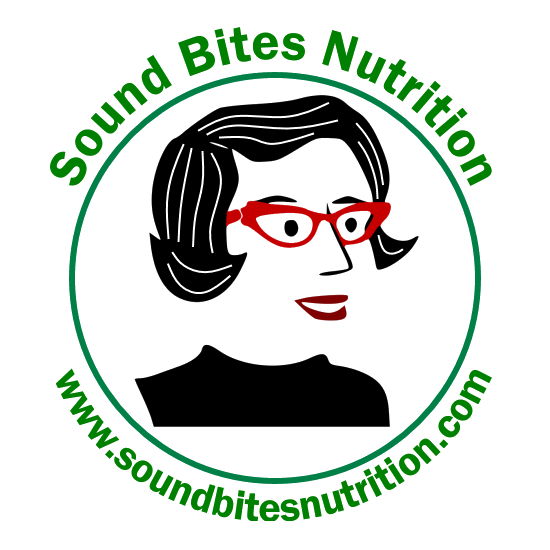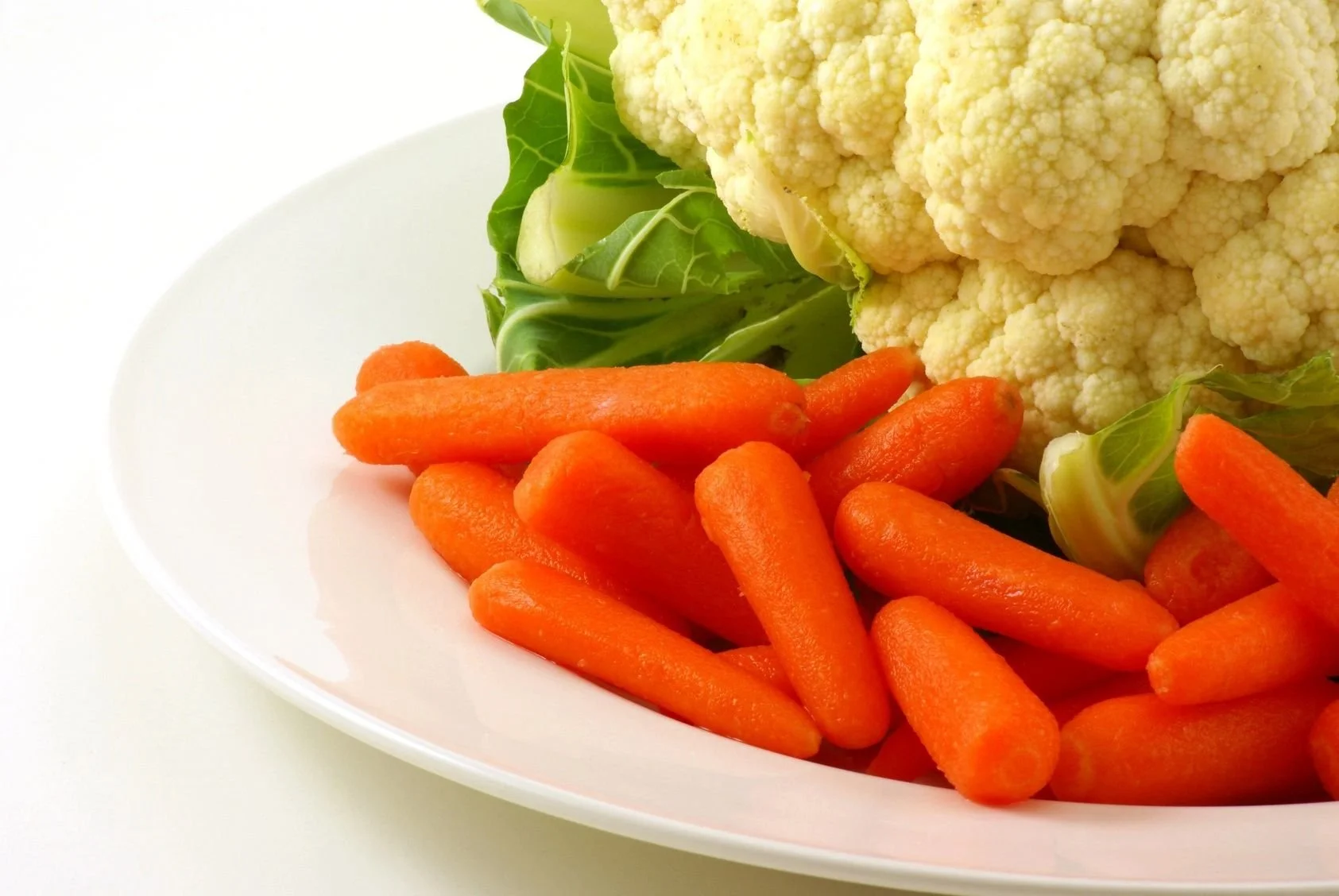- Fermented foods that contain natural probiotics, including miso, yogurt, kefir, and kimchi. Sauerkraut and pickles are also fermented, but may need to be limited for people with high blood pressure due to their high sodium content.
- High-fiber, complex carbohydrates such as beans, lentils, whole grain breads, cereals, and grains such as barley, bran, bulgur, farro, and quinoa. The more variety of plant-based foods, the more diverse our bacteria become. 3
While it may be tempting to take an over-the-counter probiotic and call it a day, scientists suggest that probiotics do not typically change your gut microbiota on a permanent basis. A few strains of probiotics have been found to modify the gut, but once they’re stopped, the gut microbiome may reverse back to its previous state. Probiotics may be useful in treating loose stools related to antibiotic use, but for the most part, the data on their effectiveness is not very convincing. 4Our best bet for a healthy gut is to eat a high fiber, plant-based diet with fewer servings of high fat animal foods, salt and refined carbohydrates. This will not only improve the insides of our guts, but may also give us a more flattering “gut” on the outside too.References:
- Kei E Fujimura, Nicole A Slusher, Michael D Cabana, and Susan V Lynch, PhD Role of the gut microbiota in defining human health. Expert Rev Anti Infect Ther. 2010 Apr; 8(4): 435–454.
- Cani P. et. al. Diabetes 2008; 57: 147-81.
- http://americangut.org/fermentation-and-microbiome-research-ancient-cultural-practices-meet-cutting-edge-genetic-analyses/
- Mary Ellen Sanders. How do we know something called “Probiotic” is really a probiotic? A guideline for consumers and health care professionals. Functional Food Reviews 2009: 1; 3-12.

